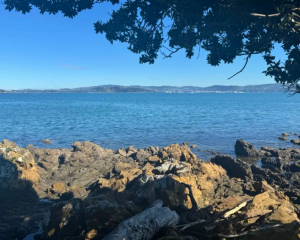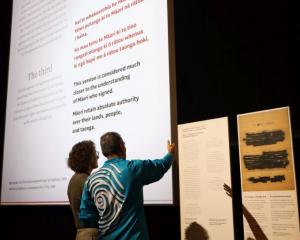Lowering the drinking age in the late 1990s "backfired'' by contributing to alcohol-related deaths, David Crerar says.
In an interview marking his retirement after 36 years as a coroner, Mr Crerar (69) declined to call for an increase in the legal drinking age back to 20.
"The experiment of reducing the legal drinking age has backfired, and I'll say no more.
"I can't be political, and I can't call in my exit interview for legislative reform changing it back.
"It's my belief that people are drinking too young, and that's causing deaths that I've seen.''
He said he relied on scientific evidence to form his views.
Coroners were not experts but relied on the expertise of others.
"I believe that reducing the age at which people could legally drink has contributed to deaths; yes, of course I do, and that's evidence-based.''
A less recognised aspect of alcohol abuse was the "huge numbers'' of people who died from alcohol poisoning, he said.
Mr Crerar conducted inquests involving tramping and mountaineering, including tourist deaths, some after specific warnings about conditions.
"Overseas trampers don't understand New Zealand conditions, but more significantly, don't understand that they don't understand.''
Media reporting of individual cases of suicide became a significant issue during Mr Crerar's time as coroner because more openness was supported by former chief coroner Judge Neil MacLean.
Mr Crerar said he expressed his disagreement to Judge MacLean over that issue.
His opposition to media reporting was supported by the evidence, Mr Crerar said.
He said social media did not help suicide prevention efforts.
Water safety had been a particular interest, and he appreciated the support of Queenstown harbourmaster Marty Black in promoting life-jacket use.
It was gratifying to see affected parts of the community take notice of coroner hearings and findings.
He recalled a series of inquests in Te Anau relating to drownings: "We can have an inquest here in Dunedin and two people come. In Te Anau, we were the biggest news of the day and the place was packed, including the wives of the current fisherman, the friends of the deceased.''
Mr Crerar moved to Dunedin when he was appointed Otago-Southland coroner in 2007, and before that served as coroner in Rangiora.
About four years ago, the role changed to involve a share of South Island inquests, a move he disliked, as he preferred to focus on his own region.
"I liked having my patch. I was able to establish relationships better. I certainly understood the territory better, although I'm a transplanted Otago resident. I certainly spent a lot of time here ... it's my second home.''
Mr Crerar and his wife, Janice, plan to stay in Dunedin for their retirement.











